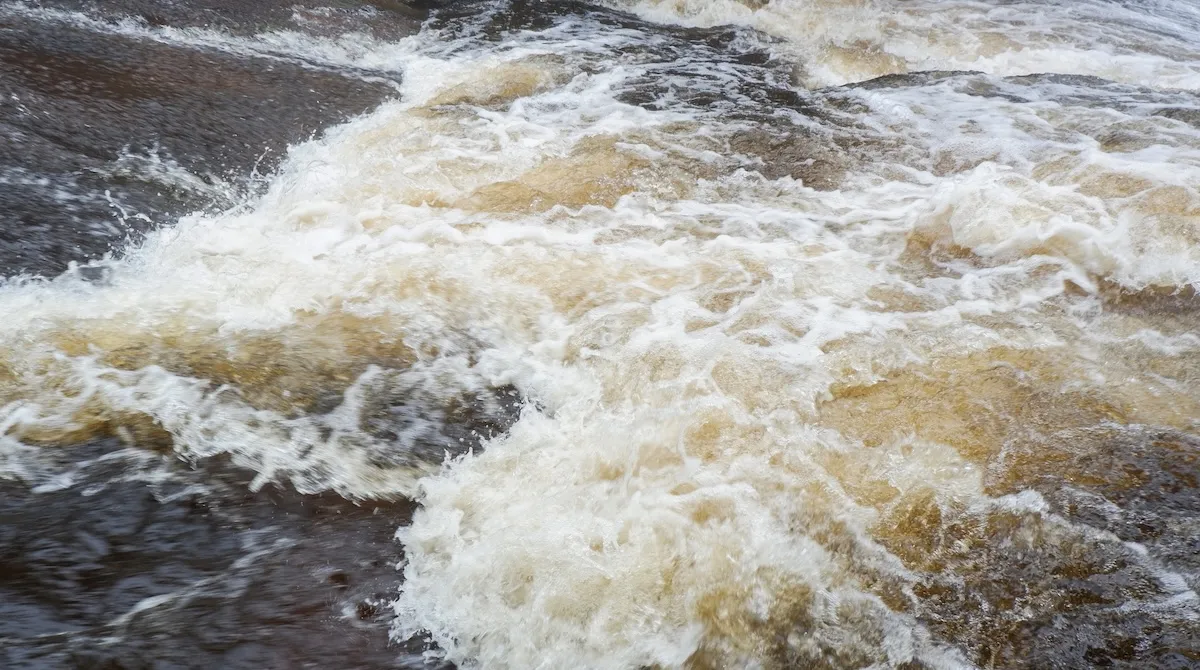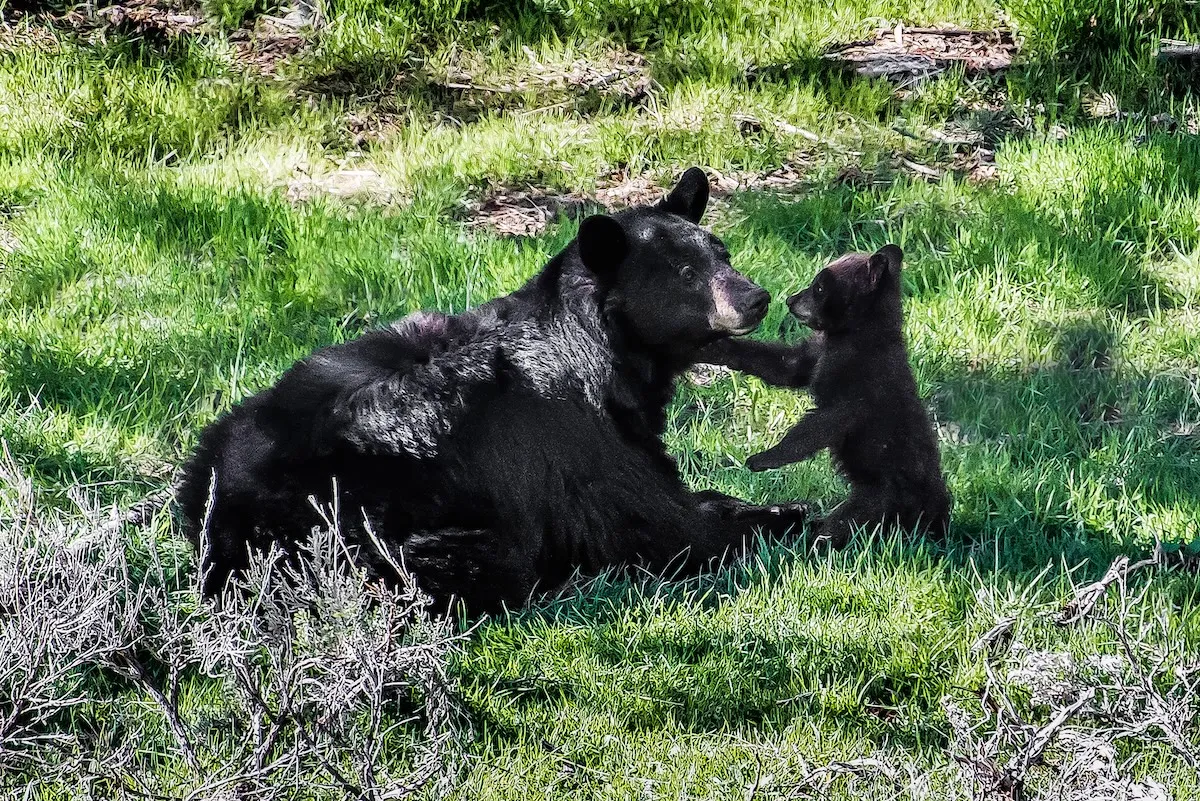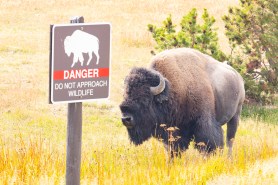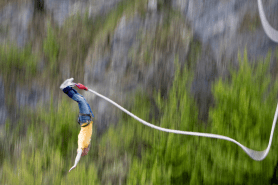

In Taiwan, a local population of wild pangolins—one of the world’s most endangered animals—is recovering a little too well. In most places in Southeast Asia, pangolin numbers are critically low after decades of hunting and poaching. (Prized for their unique scaly skin, the anteater-like creatures are the most-trafficked mammal on earth.) But near the Taipei Zoo, wild pangolins are becoming so numerous that they’re actually sneaking into the zoo at night in search of food.
Videos by Outdoors
It’s almost comical—the zoo works hard to keep its 13 captive pangolins fed and taken care of, while healthy wild pangolins march down the paths of their own accord. But zoo staff aren’t complaining.
“Ten years ago, [pangolins] were found only in several locations with stable populations, but today they are pretty much everywhere,” local conservationist Kurtis Pei told Al Jazeera News. That rebound is in part due to changing public attitudes and a surge in environmentalism in Taiwan over the past few decades. Legislation has also helped. In 2017, the pangolin trade was banned. Pangolin hunting has been illegal in Taiwan for years.
While pangolins have a relatively limited diet and can be tricky to keep healthy in captivity, rescue centers and wildlife facilities like the Taipei Zoo have had some success rehabilitating and breeding pangolins.
Breeding and genetics programs aren’t as effective for stabilizing population growth as limiting hunting and habitat loss. However, the captive pangolins have helped scientists learn more about the animal’s habits, as well as behavioral quirks and other dangers facing endangered species. The zoo animals have also served as important ambassadors for pangolins everywhere.
Often called “real-life Pokémon,” pangolins are undeniably charismatic. Flip through just a few photos—or, better yet, see them up-close at a zoo—and it’s hard not to fall in love with the species. At the end of the day, that public affection and passion for conservation could help save the pangolin from extinction.









